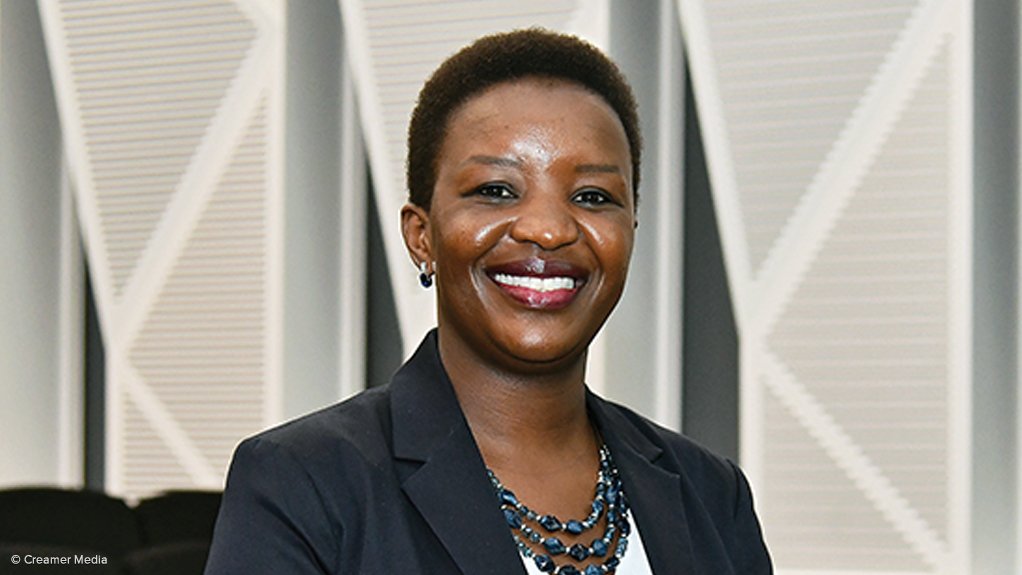/ MEDIA STATEMENT / The content on this page is not written by Polity.org.za, but is supplied by third parties. This content does not constitute news reporting by Polity.org.za.
There’s a heap of pressure headed for the fiscus in the form of a batch of bond redemptions falling due over next two years while costs for new debt are accelerating in line with fast-rising global and domestic interest rates and increased SA-related risks, particularly around energy.
SA is due to repay roughly R443bn in bond redemptions from 2023 to end-2026 with the first payment of R68.2bn due on 28 February next year. That compares with about R159bn paid out in bond redemptions in the past four years.
We’re in a real bind here: as the country has to repay its bonds that fall due while we have no surplus cash, it has to borrow new money from markets because it is running a fiscal deficit (our expenditure is greater than tax collected) , and will have to fund this new debt at higher interest rates – while pressures for increased spending in other important areas intensify in the context of a weak economy.
Given all the urgent needs facing the country, BLSA is extremely concerned that we may stray from the tight fiscal path that successive finance ministers have adhered to. The burden of the higher bond redemptions, which barely gets mentioned in debates over public spending, has to be repaid before any requests for extra expenditure are even considered. And there are many of those.
In his medium-term budget policy statement scheduled for next month, Finance Minister Enoch Godongwana has to find at least R45bn to extend the Social Relief of Distress (SRD) Grant to end-2024. Other longer-term demands include above-inflation public sector wage increases and where government will settle on a policy for a basic income grant which could be up to R300bn a year (to replace the SRD). Rising debt service costs are going to add about R9bn to the bill, above what was assumed in February. He has already announced a 30% increase in the allocations for public sector infrastructure spending to R812.5bn for the next three years. Government has also confirmed it will take over a portion of Eskom’s debt – perhaps about half of the R400bn, with the amount still to be announced. And state-owned enterprises are queuing up again with a total of about R7bn in extra funding requested by SAA, Denel, Eskom (R2bn for additional maintenance) and the Post Office.
It can’t be much fun being finance minister. It sure isn’t much fun being a taxpayer in a context of sub-optimal and in some cases non-existent service delivery, high levels of corruption and ever-increasing demands on a very constrained fiscus.
At around 70% of GDP, outstanding government debt combined with high interest rates means that debt service costs have increased significantly, claiming 19% of budget revenue this year from 9% in 2008/09.
During his budget address in February, Finance Minister Enoch Godongwana noted that debt-service costs were the fastest-growing spending item in the budget. His fiscal trajectory sees these fall from 23.1% as a share of main budget revenue in 2021 to 22% in 2025/26. Over the medium term, the gross borrowing requirement will average R503bn, down from R550.5bn at the time of the 2021 budget. To pay current debt we have to borrow around R1.4bn a day, including weekends.
Thanks to a cyclical elevation of key commodity prices, extra tax revenues particularly from the mining sector have enabled National Treasury to deliver faster on promises to start chipping away at the overall debt burden while funding the SRD grant. This is temporary, however, and cannot be used for long-term or permanent spending commitments and key commodity prices have already started to fall as global economies slow and demand reduces.
Minister Godongwana needs to find a balance in producing an effective budget that does two things: enable the government to work effectively and provide services to our citizens, and deliver appropriate fiscal policy. Effective government means spending oversight as well as allocating budgets to those parts of the public sector that can best spend it to achieve our desired outcomes. Fiscal policy, on the other hand, is tied into wider economic objectives, particularly how we grow the economy.
Without the latter, South Africa will fail in its key priority of addressing the unemployment crisis.
Until we stabilise our national debt, we’ll keep paying more and more just to service it. That expenditure crowds out funding for important projects. If we did not have any debt service costs, we would have an extra R269.7bn available this year – and a similar amount every single year in future – to go towards areas where it’s desperately needed.
Issued by CEO of BLSA Busisiwe Mavuso
EMAIL THIS ARTICLE SAVE THIS ARTICLE ARTICLE ENQUIRY
To subscribe email subscriptions@creamermedia.co.za or click here
To advertise email advertising@creamermedia.co.za or click here











